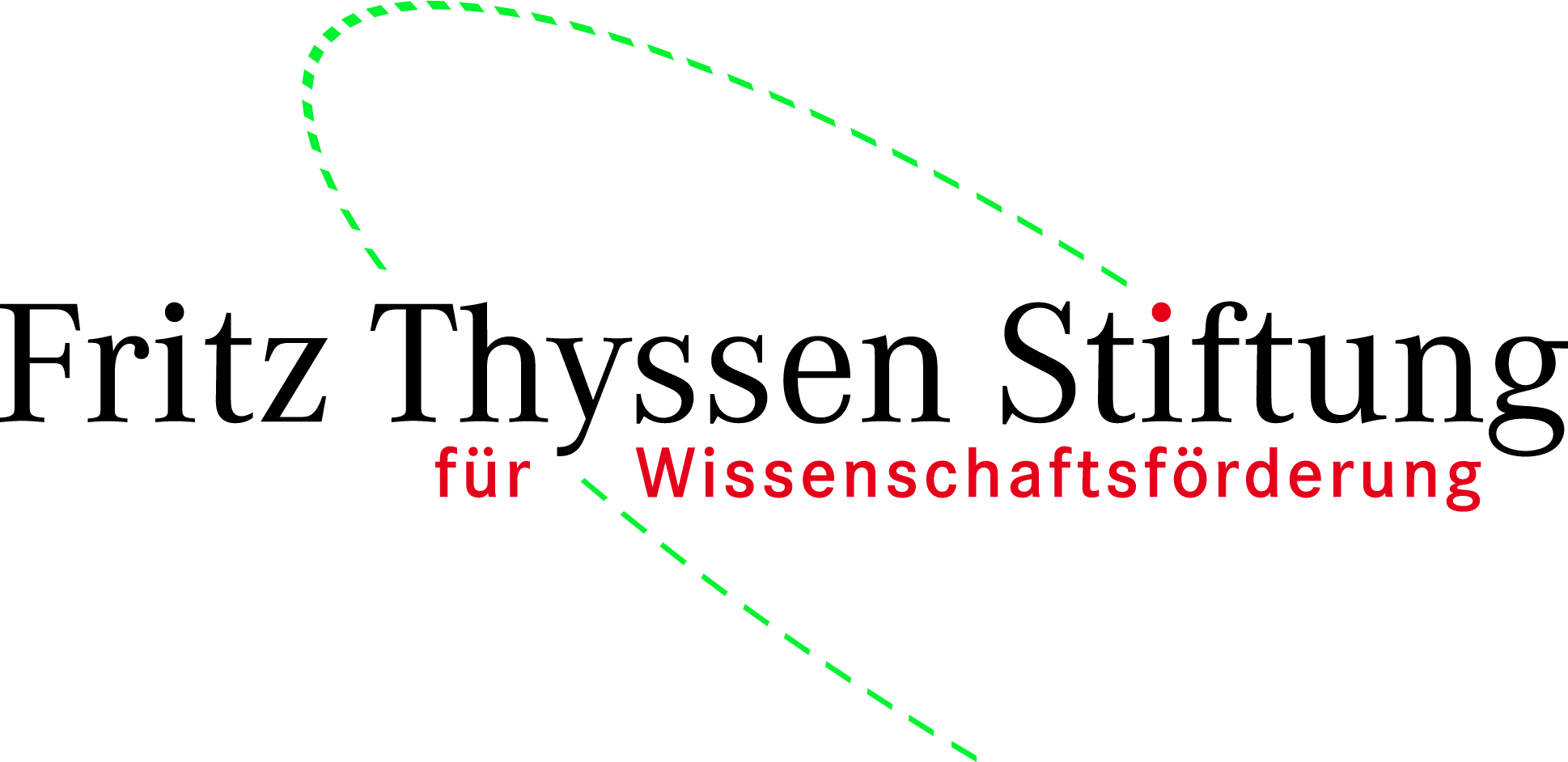
Contact
Dr. Timo Faltus
phone: + 49 (0) 345 - 55 23 168
timo.faltus@jura.uni-halle.de
Martin-Luther-Universität Halle-Wittenberg
Juristische und Wirtschaftswissenschaftliche Fakultät
Universitätsring 2
06108 Halle an der Saale
Staff
Research Associate: Dr. iur., Dipl.-Jur., Dipl.-Biol. Timo Faltus
Timo Faltus studied biology and law at Johann Wolfgang Goethe University in Frankfurt am Main, Germany. Within his biology studies he specialized in the fields of molecular genetics and cell culture. In this field he also wrote his biology diploma thesis at the University Clinic for Gynecology and Obstetrics in Frankfurt am Main about the expression inhibition of cancer-relevant genes by RNA interference (RNAi). During his law studies, he focused on the areas of medical law, gene/biotechnology law, environmental law and intellectual property law.
During his studies in Frankfurt am Main, Timo Faltus worked for the museum education department of the Senckenberg Natural History Museum, where he guided museum tours on topics including human and animal evolution and dinosaurs. Following his university studies, he was a fellow at the Translational Center for Regenerative Medicine (TRM) at the University of Leipzig and a research assistant at the Chair of Public Law of Prof. Dr. iur. Winfried Kluth at the Martin Luther University Halle-Wittenberg. During this time, he focused on legal issues related to stem cell research and stem cell medicine, particularly with respect to induced pluripotent stem cells (iPS cells). In this context, he was also involved in issues of gene therapy and reproductive medicine.
In his interdisciplinary dissertation entitled "Stem Cell Reprogramming - The Legal Status and Legal Handling as well as the Legal Systematic Significance of Reprogrammed Stem Cells", he investigated the methods of the artificial generation of stem cells, in particular by direct reprogramming to generate induced pluripotent stem (iPS) cells.
From 2016 to 2019, Timo Faltus was the coordinator and research associate of the interdisciplinary joint project "GenomELECTION: Genome editing - ethical, legal and communication science aspects in the field of molecular medicine and crop breeding" fundet by the German Federal Ministry of Education and Research. Within this project, amongst others questions, first legal questions of Citizen Science projects in the field of genetic engineering and biotechnology were dealt with.
Current publications & lectures in the field of Citizen Science
- Faltus, T. (2019): Recht der Genomeditierung in Pflanzenzucht und Humanmedizin – Regulierung der grünen und roten Genomeditierung nach dem Mutagense-Urteil des EuGH und den ersten vermeintlichen Keimbahneingriffen. In: Faltus, T. (Hrsg.): Ethik, Recht und Kommunikation des Genome Editings. Universitätsverlag Halle-Wittenberg (Open Access Link: https://uvhw.de/miscellaneen/product/190830_00-202-8.html ).
- Faltus, T. (2018): Bürger schafft Wissen – Rechtsfragen von Citizen Science und DIY-Forschung. Newsletter für Engagement und Partizipation in Deutschland, 20/2018.
- Faltus, T. und H. Zillmann: Ethische und rechtliche Aspekte von Citizen Science und DIY-Community. Posterbeitrag, Forum Citizen Science 2018, 06.-07.09.2018, Frankfurt am Main.
- Österreich Forscht 2020, 14.-16.09.2020, Onlinekonferenz: Rechtliche Rahmenbedingungen für Citizen Scientists und DIY-Forscher - Rechtliche Fallstricke bei Citizen Science, DIY-Biologie sowie partizipatorischer Wissenschaft und Forschung.
- Forum Citizen Science 2019, 26./27.09.2019, Münster: Tutorial: Rechtliche Rahmenbedingungen und Fallstricke: Worauf müssen Citizen-Science-Akteure beachten?
- Fachgespräch: Rechtliche Rahmenbedingungen von Citizen Science, 21.05.2019, Berlin: Citizen Science im medizinischen/genetischem Bereich.
- Forum Citizen Science 2018, 06.-07.09.2018, Frankfurt am Main: Rechtsrahmen der Citizen Science, DIY-Biologie und partizipatorischen Wissenschaft und Forschung - Rechtliche Fallstricke für Citizen Scientists und DIY-Forscher.
Student assistant: Johannes Freise
Johannes Freise graduated from the Theodor-Heuss-Gymnasium in Göttingen in 2016. After a stay abroad of several months, in 2017 he began studying law at the Martin Luther University of Halle-Wittenberg. Stops abroad in Israel and Belgium followed as part of his studies.
Since September 2020, Johannes Freise has been a research assistant in the research project "Analysis and Regulation of Therapy-Oriented Citizen and regulation of therapy-oriented citizen science projects".




